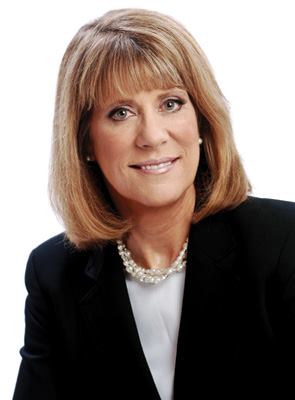As part of a settlement with federal regulators, distribution giant PoolCorp has agreed not to engage in anticompetitive practices.
The agreement, announced Nov. 21, concluded a 1½-year investigation by the Federal Trade Commission into allegations that Covington, La.-based PoolCorp had used unfair tactics to establish monopolies in several markets.
Though PoolCorp contended the allegations were “without merit,” the FTC claimed the company had used its influence to prevent manufacturers from selling to new distributors.
“Without any legitimate justification, PoolCorp dictated whether new competitors could access the full range of merchandise needed to compete effectively in the market,” said Commissioners Julie Brill, Jon Leibowitz and Edith Ramirez in a joint statement supporting the settlement, which was approved in a 3-1 vote.
By blocking distributors’ access to manufacturers, the FTC alleged, PoolCorp forced competitors to find costlier alternatives.
“Without full control of their inventory, the new distributors’ ability to provide high-quality service to their dealer customers was diminished,” the commissioners wrote. “In the end, consumers had fewer choices and were forced to pay higher prices for pool products.”
Investigators had gathered documents and files from PoolCorp and other companies dating back several years, according to the FTC.
Under the settlement, PoolCorp cannot decide whether to buy or sell a manufacturer’s products based on that company’s dealings with another distributor. Nor can it coerce a supplier to stop or limit sales to a competing distributor. PoolCorp also may not retaliate against a manufacturer that sells, or plans to sell, merchandise to another distributor.
In addition, PoolCorp has agreed to establish an antitrust compliance program to educate its staff on specific terms of the settlement.
Compliance shouldn’t be tough, according PoolCorp President/CEO Manuel Perez de la Mesa, who denied his company had engaged in any wrongdoing; he also noted there were no fines issued by the commission.
“The FTC is charged with doing a job, and that’s to look into complaints,” he said. “This is a normal outcome of that process. PoolCorp has agreed to not do what it wasn’t doing in the first place.”
Commissioner J. Thomas Rosch, who disagreed with the majority, said the FTC’s investigation of PoolCorp found that no harm had in fact come to consumers or competitors as a result of the company’s actions.
If manufacturers chose not to work with a new distributor, those decisions were made independent of PoolCorp, he wrote. And investigators found no evidence of price increases or diminished services for local markets, he added.
Rosch further contended the tactics for which PoolCorp had been accused wouldn’t even be practical. “There are hundreds of profitable pool supply distributors, and entry and expansion are frequent events,” he wrote. “Thus, any effort to exclude a competitor would become a game of whack-a-mole: As soon as one competitor is driven from the market, another would pop up.”
What the FTC’s decision means for the company remains to be seen. After all, distribution of pool products was a $3 billion industry in the United States last year. And PoolCorp, with more than 200 supply centers nationwide, reported $1.5 billion in 2010 net sales. Those figures have some in the industry questioning the firm’s hold on the market.
“Because of their size, they shouldn’t be able to influence the natural flow of the industry,” said Jeff Fausett, president/CEO of Aquatech Corp., a buying group based in Costa Mesa, Calif. “Someone saw that in reality, in the long term this was not a good practice, and something needed to stop.”




